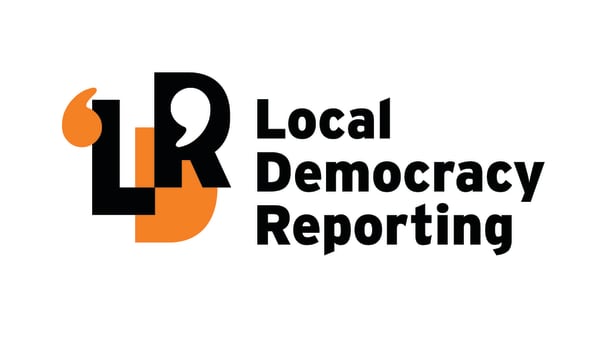Māori ward councillors in Tairāwhiti have spoken candidly about their first year in governance, highlighting cyclone recovery as a key challenge.
On October 8 of 2022, five councillors were elected by Maori roll voters for Gisborne District Council’s newly formed Māori ward.
Local Democracy Reporting reached out to the contingent, who opened up about the highs and lows of the current term.
Rawinia Parata, of Ruatoria, said the past year had forced the entire region to confront climate change, which was now affecting people’s everyday lives.
“Before my eyes I’ve seen livelihoods threatened, whenua eroding, rivers swelling and flooding,” Ms Parata said.
“We’ve seen whānau who have lost everything, kids unable to get to school and roads crumble.
“To watch my region suffer Cyclone Hale and Gabrielle after experiencing multiple severe weather emergencies . . . has been challenging.”
Ms Parata said although campaigning was a “popularity contest”, the work itself had proven to be introspective for the most part.
Council papers were not for the faint of heart, and required critical thinking and analytical skills, she said.
A highlight had been working to ensure all corners of the region were heard, something she wanted to push going forward.
“I would like us to implement a regular schedule of community visits for no other purpose than to listen. To be present in a community is to feel its struggle.”
Also living up the Coast, Ani Pahuru-Huriwai, of Wharekahika/Hicks Bay, spoke positively about what Māori ward councillors had achieved in a short space of time.
All were actively involved in their whānau, hapū and iwi, and spoke with the same voice, she said.
“The Māori voice is a voice that hasn’t been heard in the council chambers as much as it is now. It takes time for change, but we’re doing our best to make sure our voices are heard.”
A highlight of the term for Pahuru-Huriwai came on August 10 when the council held its meeting at Rangiwaho Marae.
Weather events had proved a challenge and there was much work ahead for the council, she said.
“We appreciate that it’s been really tough for whānau throughout the district. I am very grateful for the work our staff and chief executive and all the contractors do to work through really trying circumstances.”
For Rhonda Tibble, her first term had been a “steep learning curve”, but enjoyable.
Like Ms Parata and Ms Pahuru-Huriwai, she pointed to severe weather as a major influence on the past year.
It had been a “harrowing” time for the community and had impacted on business as usual.
A challenge had been learning the ins-and-outs of the operational side of council, but she was pleased there were now six Māori voices at the table.
“We are in effect professional readers required to digest copious amounts of technical reading and then apply a perspective and stakeholder concern to voice debate upon the issue at hand,” Ms Tibble said.
“We make sure to place Māori voice front and centre in our deliberations.”
Looking ahead, Ms Tibble said she hoped the outcome of the general election wouldn’t push the region backwards.
“The Tairāwhiti region needs high-level Government support going forward.”
Aubrey Ria spoke highly of the functionality of councillors as a whole and said she had learned a lot in the past year.
With the environment being one of her main passions, she had enjoyed expanding her knowledge on the governance and protection of waterways.
One of her main challenges had been managing people’s misconceptions about what the council was actually responsible for.
Legislation was binding and unhappy communities didn’t always understand that, she said.
While she felt the Māori voice was being heard at council, she hoped the organisation would continue to take on board the advice of the caucus.
“When it comes to decisions that could have a real impact on our iwi or hapū, each of us, all five of us, are deeply entrenched in those iwi, hapū and marae relationships.
“If the council is willing to take on board the advice that their Māori ward caucus gives, it could be extremely beneficial in the future for the council.”
Māori ward councillor Nick Tupara was also contacted but declined to comment based on Gisborne District Council rules around speaking to media.











0 comment
JOIN THE CONVERSATION
Read and post comments with a
Newsroom Pro subscription.
Subscribe now to start a free
28-day trial.